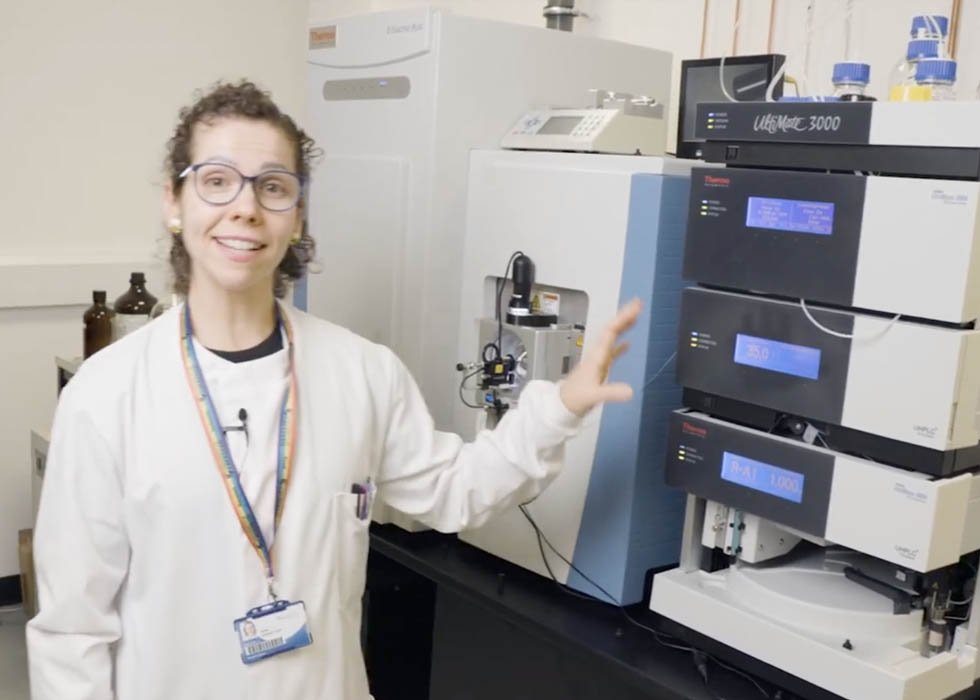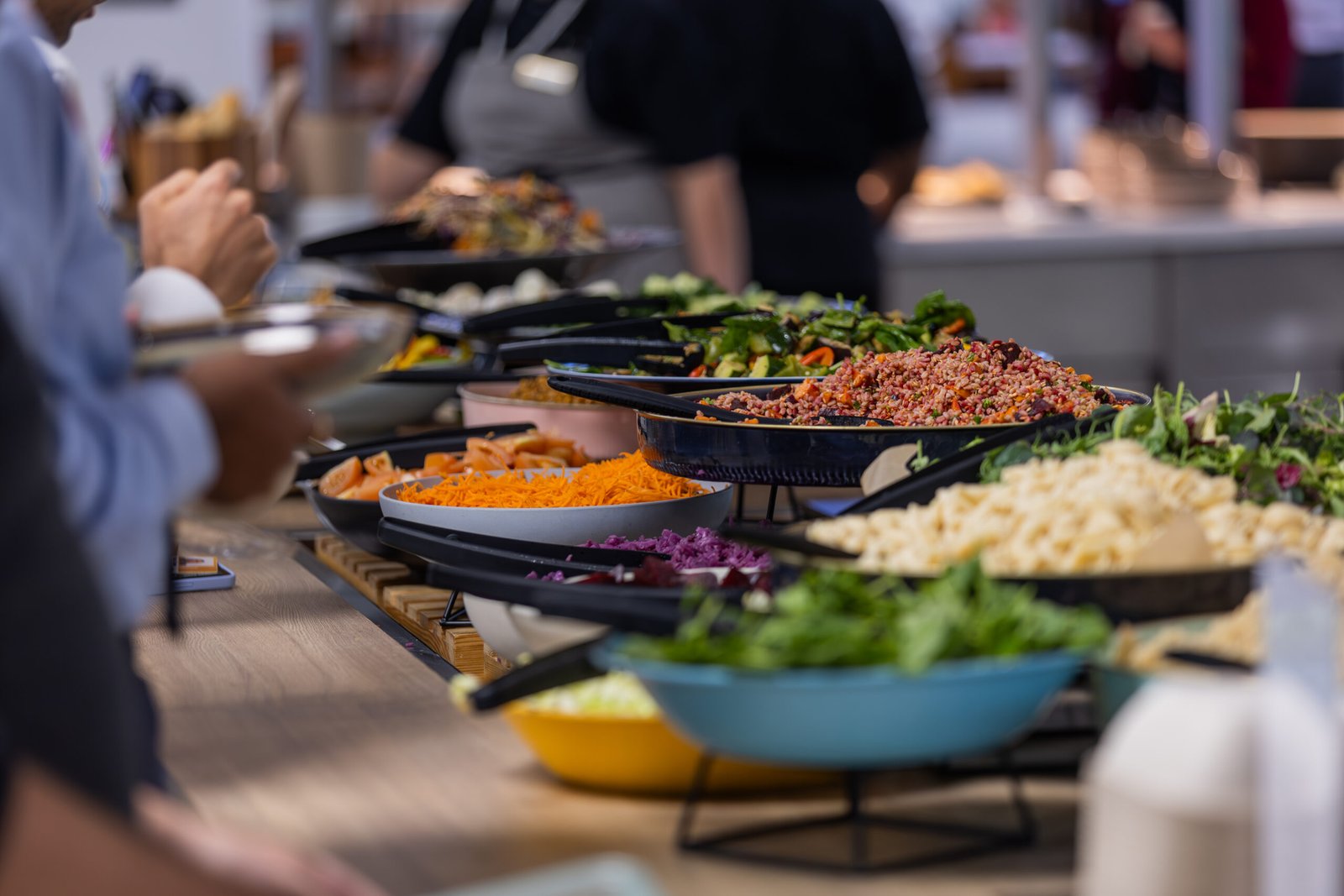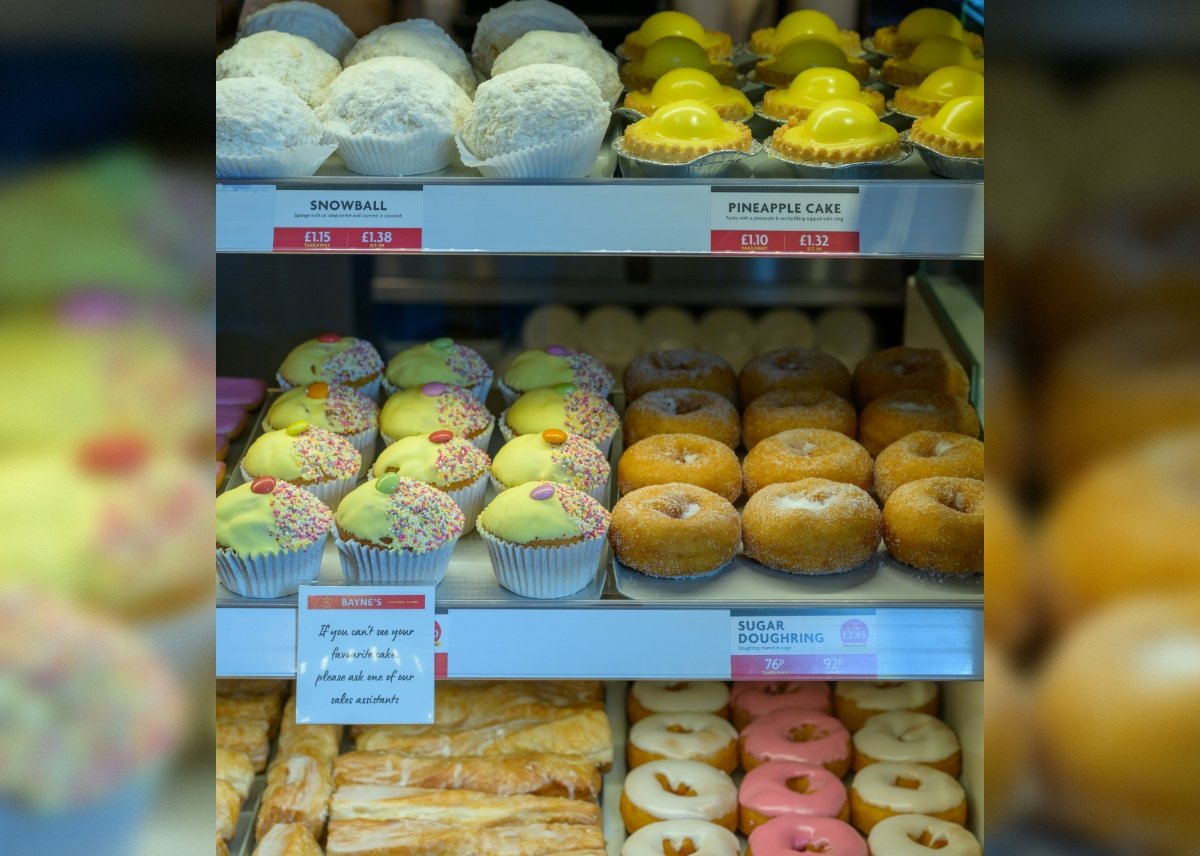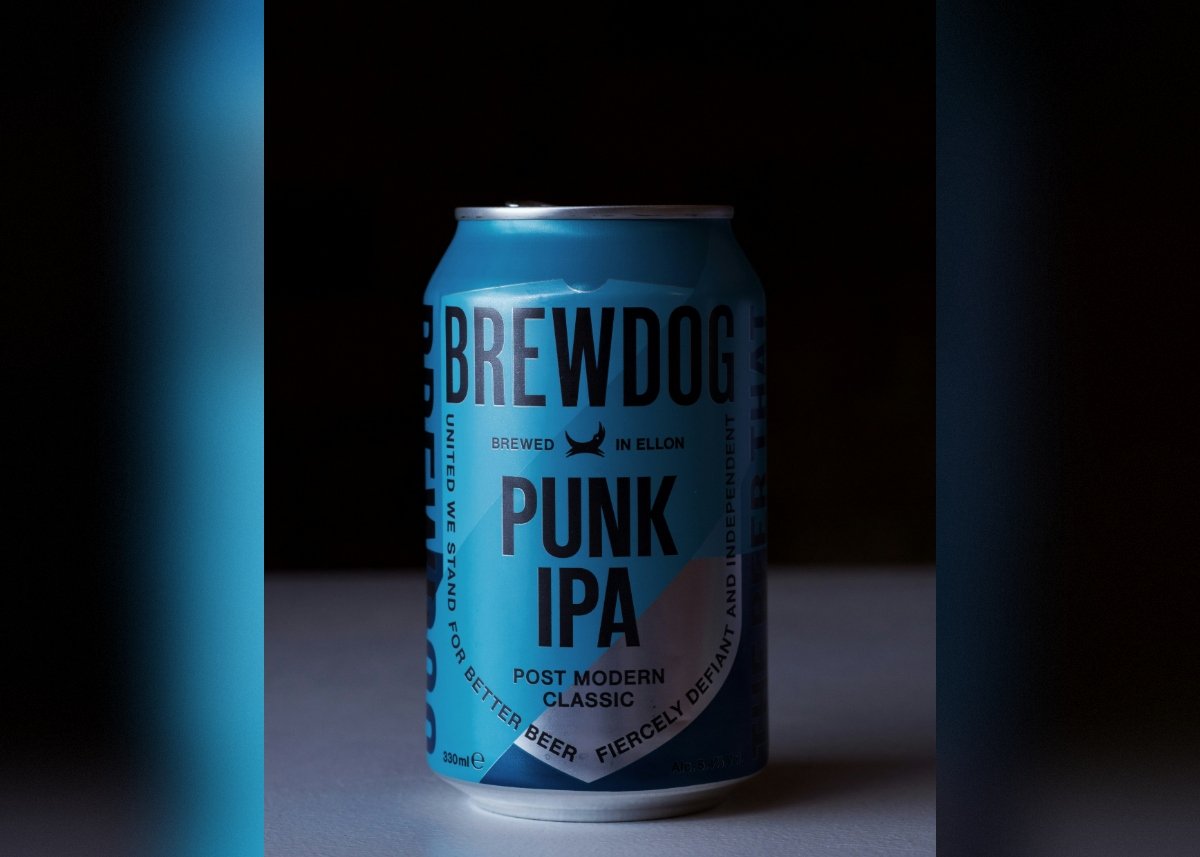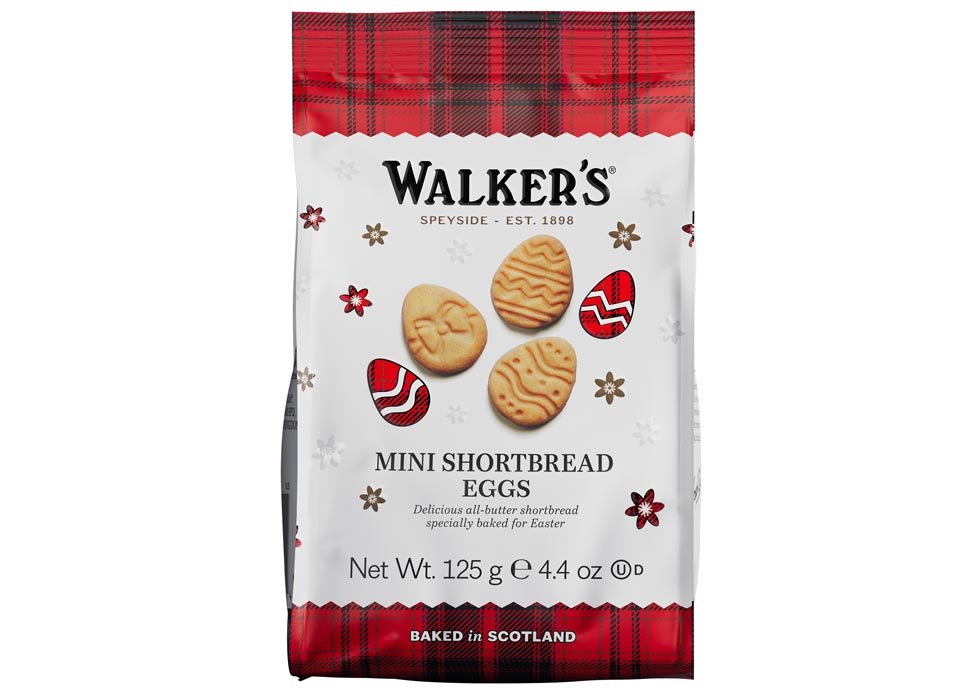Scientists at the University of Aberdeen’s Rowett Institute have developed a sophisticated forensic testing system that could transform efforts to combat food fraud in the UK meat industry, which costs the economy an estimated £2 billion annually.
The new MEATiCode system represents a significant technological breakthrough in food authentication, using proteomic analysis to identify not only the species of meat present in shop-bought meals but also specific animal breeds such as Aberdeen Angus.
A Persistent Industry Challenge
Food fraud – the deliberate misrepresentation or mislabelling of food products – has plagued the UK food industry for decades, with the 2013 horsemeat scandal serving as perhaps the most notorious example. During that crisis, tests revealed that some frozen beef products contained up to 100% horsemeat, with the contamination traced to French manufacturer Comigel’s subsidiary in Luxembourg. The scandal exposed critical vulnerabilities in European food supply chains and resulted in mass product recalls across the continent.
More than a decade later, mislabelling remains a persistent concern, particularly for consumers with allergies or those who avoid certain meats for religious or ethical reasons.
How the Technology Works
MEATiCode combines liquid chromatography-mass spectrometry (LC-MS/MS) with a bespoke database to simultaneously identify multiple meat species within a single processed food sample. The system analyses meat samples against a database of eight species by detecting unique peptides – short chains of amino acids – that provide a clear biological fingerprint of the meat’s origin.
According to peer-reviewed research published in the journal Food Chemistry, the method achieves exceptional sensitivity with a detection limit of just 0.5%, meaning it can identify trace amounts of meat that constitute as little as half a percent of a sample. Critically, the technology works even on highly processed or cooked meats, where DNA-based testing methods often fail due to thermal degradation.
Project lead Dr Renata Garbellini Duft explained the significance of the breakthrough: “When you buy a burger in the supermarket you do not know what is inside – you just have to trust the label,” she said. “But using this method, we know exactly what’s inside. In one single experiment we can detect a lot of different species”.
Initial laboratory tests conducted on 19 shop-bought products yielded concerning results. While most products (17) contained the ingredients listed on their labels, two exhibited significant discrepancies. One kebab advertised as containing 14% lamb was found to contain none whatsoever, whilst another product labelled as 60% lamb and 20% chicken actually contained twice as much chicken as lamb.
The tests examined commercial meals containing beef, pork, chicken and lamb, all species processed through various cooking methods.
Dr Duft noted that food misrepresentation represents “a growing concern” and expressed optimism that the innovation will promote more rigorous testing, reduce financial losses from fraud, and support local meat producers known for high-quality products.
Following their success with meat authentication, the Rowett Institute team has ambitious plans to extend the technology to other fraud-prone products. Honey – described by researchers as “one of the most commonly adulterated products” – represents the next target. Recent research elsewhere has demonstrated that various analytical techniques, including hyperspectral imaging combined with machine learning and Spatial Offset Raman Spectroscopy, can successfully detect sugar syrup adulteration in honey with accuracy exceeding 98%.
You Might Also Like:
No related posts.
The Aberdeen team also intends to adapt MEATiCode for whisky authentication and allergen detection in nuts, fish and dairy products. Whisky fraud represents another significant concern in Scotland, with laboratory tests at the Scottish Universities Environmental Research Centre revealing that more than 40% of vintage Scotch bottles tested over recent years proved to be counterfeit, with all pre-1900 samples being fake.
The MEATiCode system can be deployed in any proteomics laboratory equipped with LC-MS/MS capabilities, making it faster than existing DNA-based and other authentication techniques.

